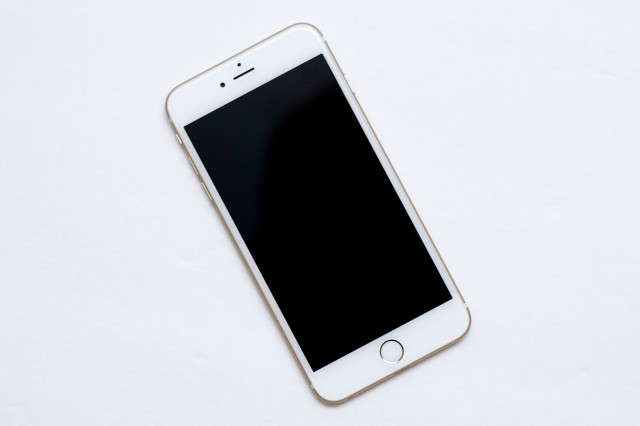
The filing to end the contract with Apple (PDF) states that the terms of GT's contract with Apple are "oppressive and burdensome," and the separate filing requesting to shutter the sapphire plant claims that doing so is the only way to rescue GT's business. Closing the factory will cut 890 jobs (PDF). From the filing:
...the cash burn at GTAT's sapphire manufacturing operations for the benefit of Apple is not sustainable. Therefore, after a careful evaluation of all alternatives, and in consultation with its advisors, GTAT has determined that in order to preserve the value of its estates it must wind down its sapphire manufacturing operations in Mesa, Arizona, and Salem, Massachusetts, with reductions in associated supporting personnel at GTAT's Merrimack, New Hampshire, offices. Concurrently with the filing of this Motion, GTAT has also filed a separate motion seeking to
reject a series of Apple agreements related to these operations that will no longer be required.
GT may yet pursue additional legal action against Apple, as the company "believes that it has many claims against Apple arising out of its business relationship with Apple." More specific information about "further claims" was not disclosed.
Though confidentiality agreements apparently inhibit GT from disclosing exactly why its financial situation is so bad, current speculation says that the iPhone 6 situation is mostly to blame. The breakdown of the deal between Apple and GT has also raised other uncomfortable questions—GT CEO Thomas Gutierrez sold about $160,000 in GT stock the day before the iPhone announcement and has sold around $10 million in shares since February of 2014.
reader comments
186